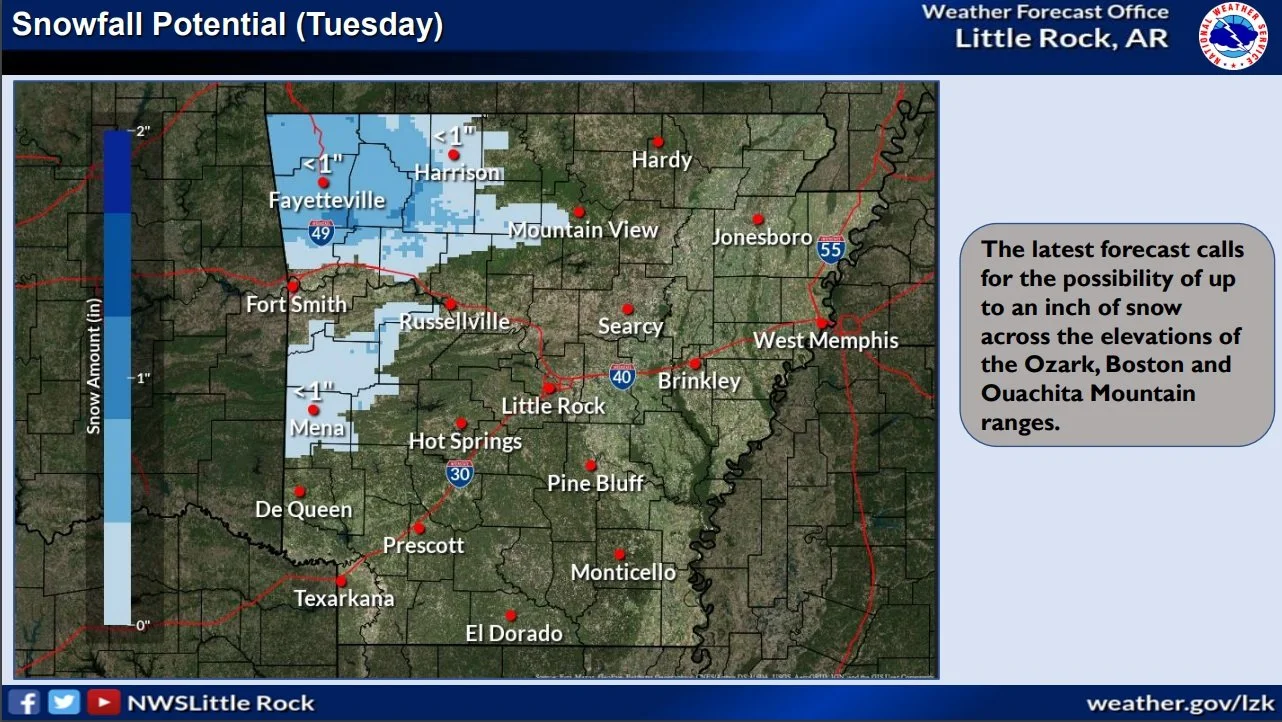Krista Quinn, Faulkner County agriculture agent for the University of Arkansas System Division of Agriculture, said the Grow Your Own Groceries series is designed to connect Arkansans with extension agents’ knowledge about growing and preparing nutritious food.
“I think there are a lot of people who are interested in gardening but have very little experience,” Quinn said. “Often, they did not grow up in families that gardened, and they didn’t really know where to start. If they start looking for gardening advice on the internet or even in books, they quickly realize that a lot of that information often doesn’t work in Arkansas. With the Grow Your Own Groceries program, we are giving people information based on experience and research from right here in Arkansas, so participants have the best chance of being successful.”
The series is a collaboration between extension agriculture agents and family and consumer sciences agents. In each presentation, agriculture agents discuss how to grow a specific crop, with information on variety selection, growing methods, soil health and common pests or problems. Family and consumer sciences agents then share how to store the produce and demonstrate recipes.
“Increasing access to fresh, healthy food by teaching people how to grow it and how to use it in their cooking is one of the main goals of this program,” Quinn said. “Gardening and cooking go hand in hand, and the reward for gardening is getting to eat the food you grow. At times, home gardeners may have a bumper crop, and it’s nice if they know a variety of ways to use the crop and how to preserve it so it can be enjoyed later in the year.
“There may be crops that people don’t have a lot of experience cooking with, but after seeing how it can be used in different recipes, they may decide to try growing it,” she said.
In 2023, extension agents hosted 11 Grow Your Own Groceries presentations for more than 5,700 registrants. Topics included spring peas, pruning berries, sweet corn, cucumbers, fall gardening, hydroponics and more. Quinn said 962 people registered for the fall gardening presentation in August, the highest number of registrants in the program’s history.
“I get a lot of emails thanking us for doing the programs,” Quinn said. “People seem to really enjoy them, and they like the ease of watching at home. I’ve had several people say they were encouraged to try growing a new crop that they’d never grown before. Others have told me that they learned about mistakes they were making with certain crops and were looking forward to correcting those mistakes. One person said that after watching our program and implementing some of our recommendations, they had their best crop of onions ever.”
Quinn said it’s important for Grow Your Own Groceries to provide accessible information to participants of all skill levels.
“By focusing on individual crops or techniques in each program, we can provide a lot of quality information that is helpful to both beginners and more advanced gardeners,” Quinn said. “We’re also living in a time of change, with erratic weather patterns, invasive pests and new technologies available. Through this program, we’re able to keep people up to date on current challenges and opportunities we’re seeing in the state.”
The first Grow Your Own Groceries presentation of 2024 is scheduled for noon on Jan. 18, and the topic will be setting up a drip irrigation system. In 2024, Quinn said her team also plans to cover potatoes, salad greens, blueberries, aquaponics and more.
For more information about Grow Your Own Groceries, visit the program’s page on the Cooperative Extension Service website, or contact Krista Quinn at klquinn@uada.edu or 501-329-8344.
To learn about extension programs in Arkansas, contact your local Cooperative Extension Service agent or visit www.uaex.uada.edu. Follow us on X and Instagram at @AR_Extension. To learn more about Division of Agriculture research, visit the Arkansas Agricultural Experiment Station website: https://aaes.uada.edu. Follow on X at @ArkAgResearch. To learn more about the Division of Agriculture, visit https://uada.edu/. Follow us on X at @AgInArk.






















